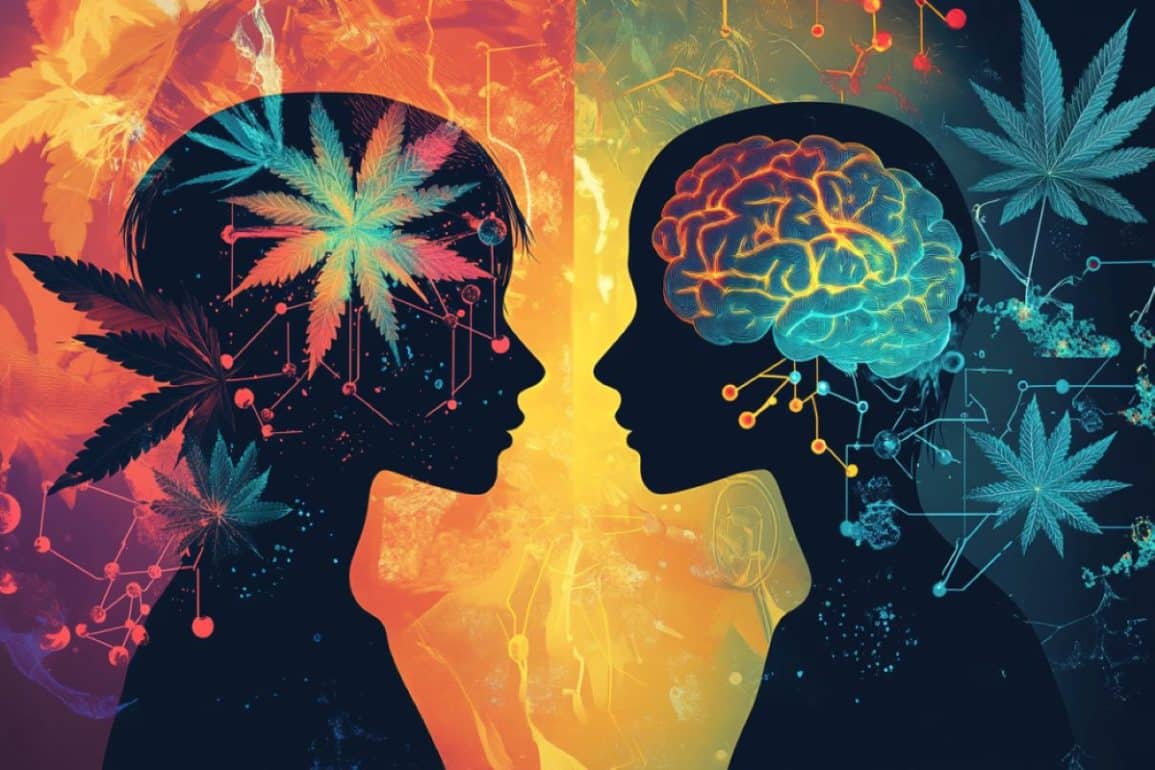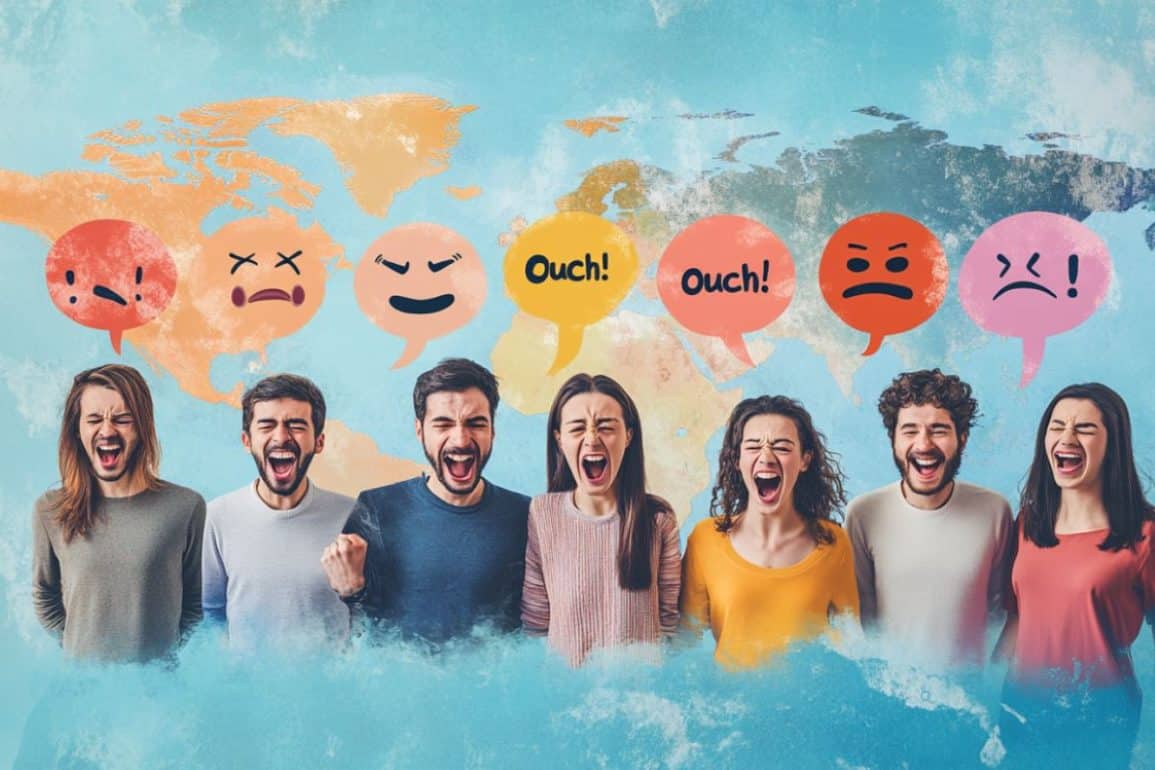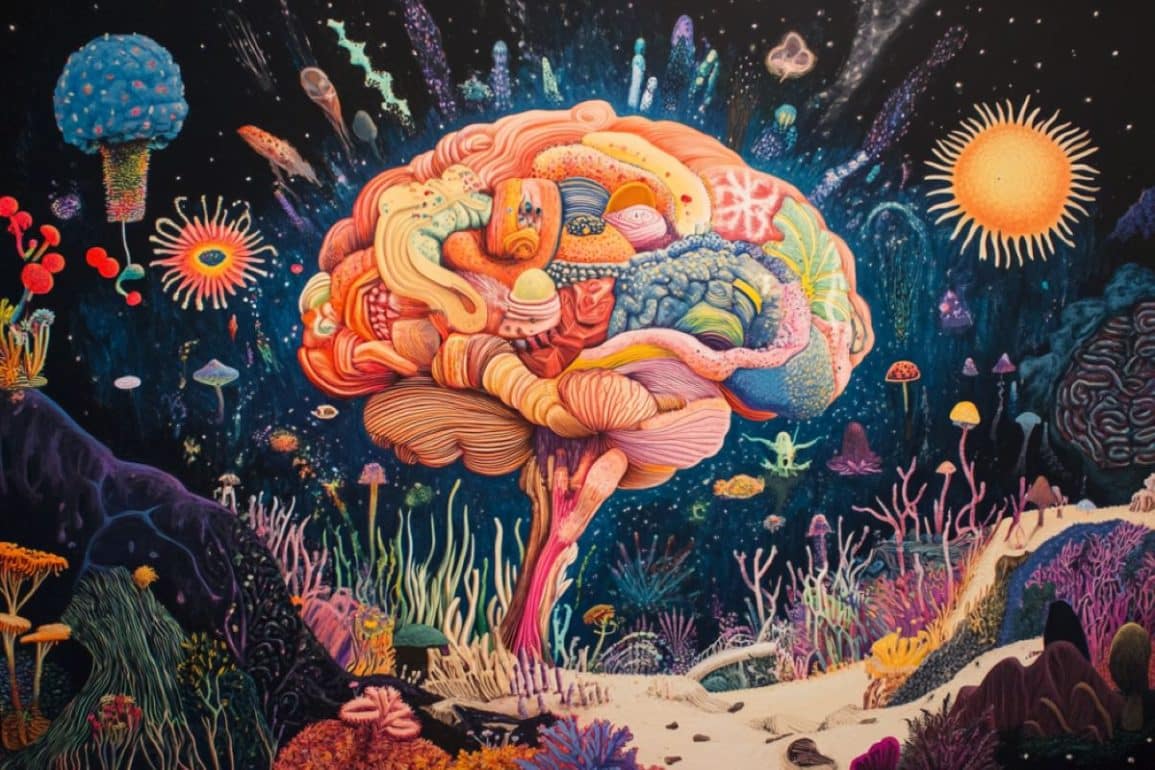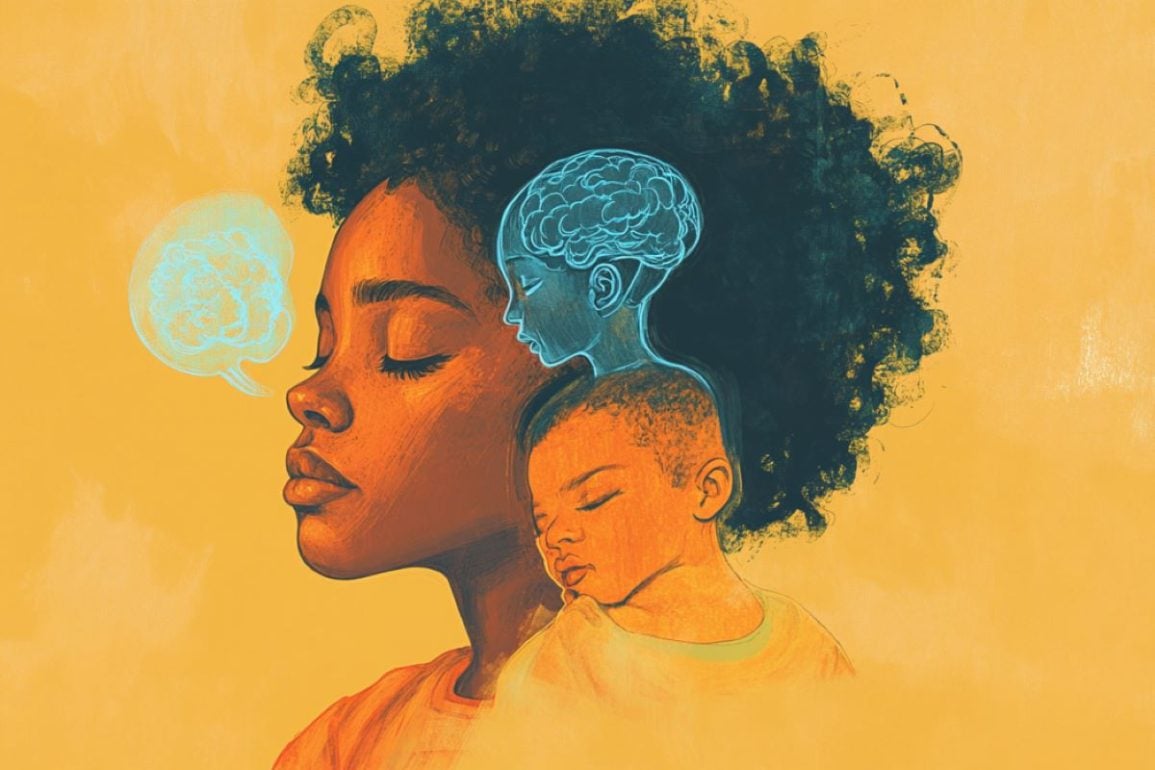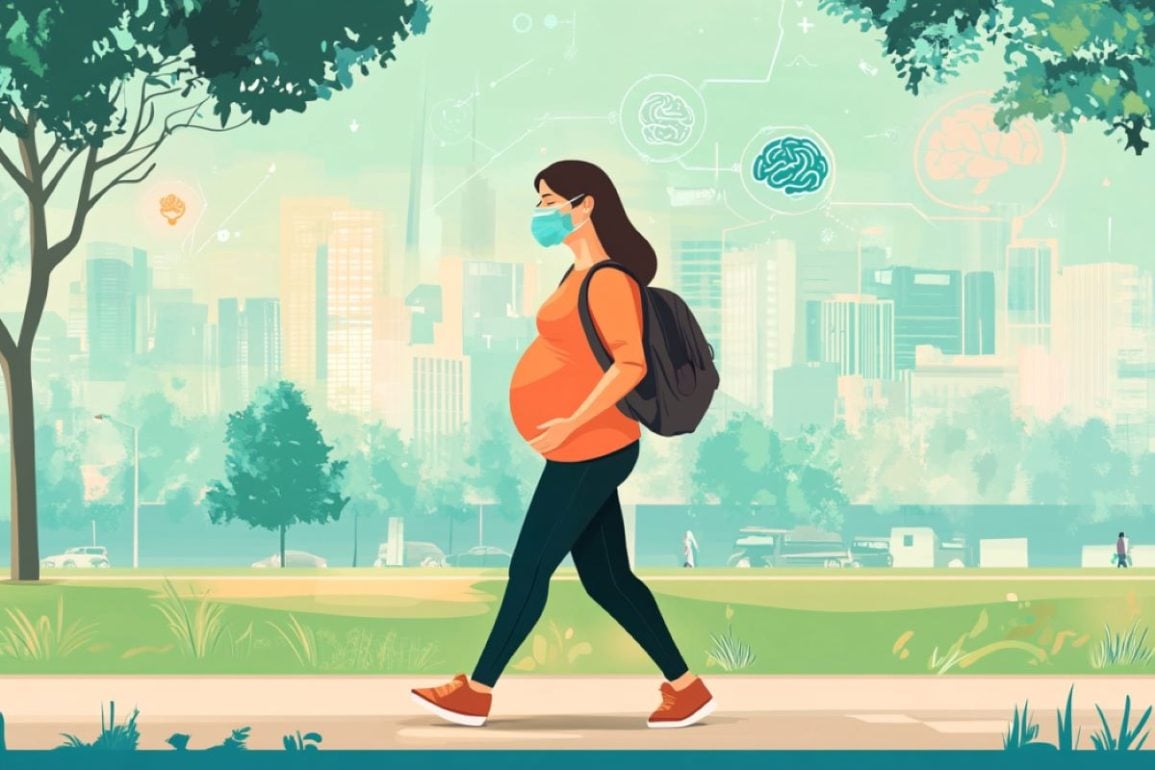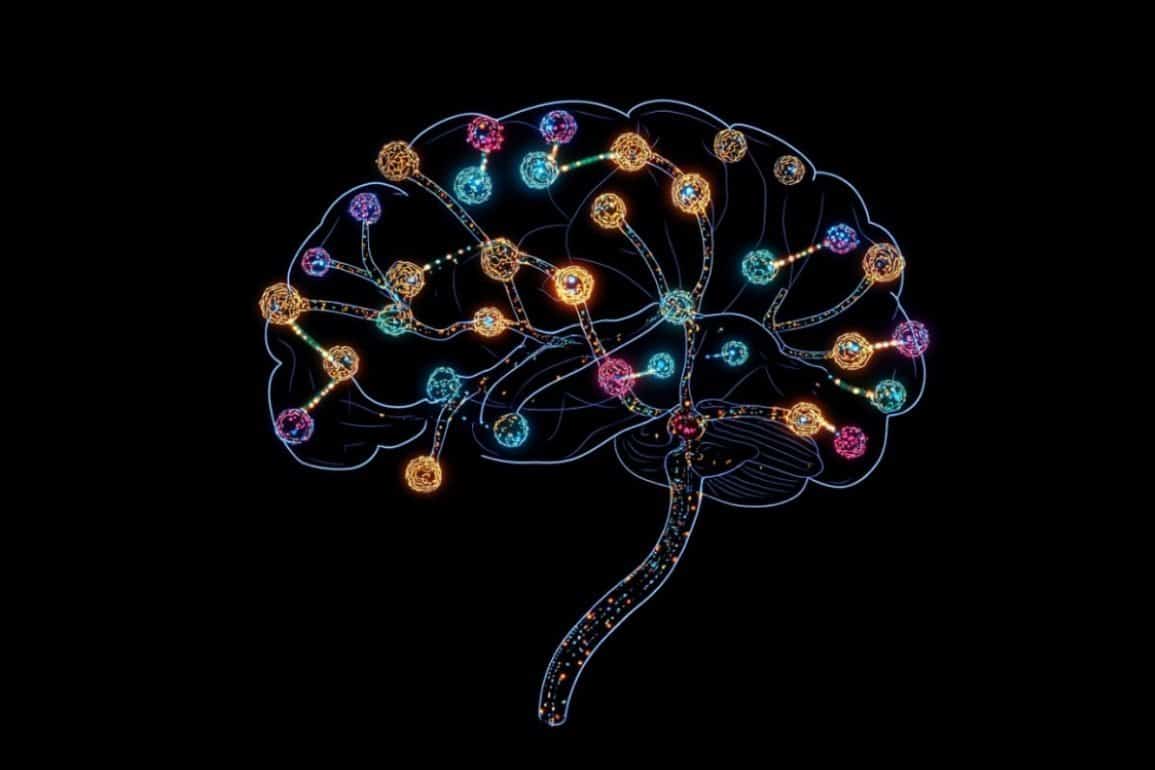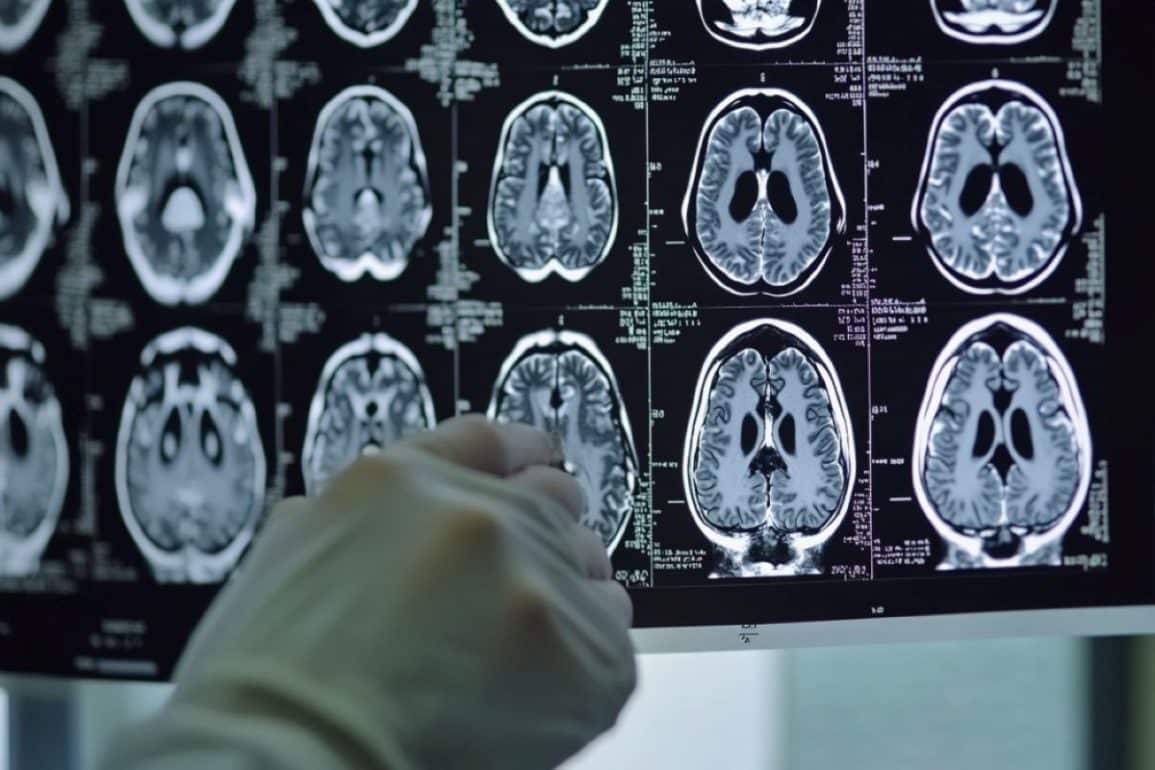Study Revolutionize Restless Legs Syndrome Treatment
 Researchers released new clinical guidelines for treating restless legs syndrome (RLS), emphasizing patient-centered care and evidence-based updates. Iron supplementation is now a key recommendation, addressing low brain iron as a cause of RLS. Dopamine agonists like pramipexole and ropinirole are de-emphasized due to risks of worsening symptoms, while newer treatments such as alpha-2-delta ligands, nerve stimulation, and low-dose opioids gain conditional or strong recommendations.
Researchers released new clinical guidelines for treating restless legs syndrome (RLS), emphasizing patient-centered care and evidence-based updates. Iron supplementation is now a key recommendation, addressing low brain iron as a cause of RLS. Dopamine agonists like pramipexole and ropinirole are de-emphasized due to risks of worsening symptoms, while newer treatments such as alpha-2-delta ligands, nerve stimulation, and low-dose opioids gain conditional or strong recommendations. 